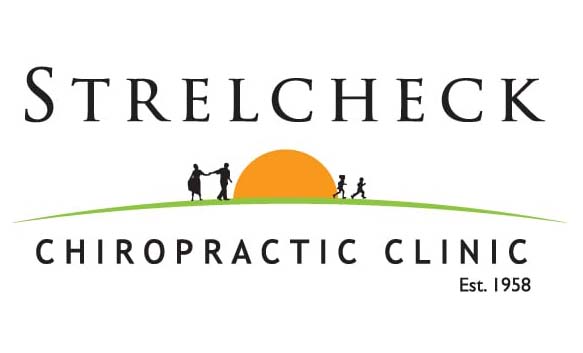
Chiropractic Improves Heart Health
Concerning matters of the heart, chiropractic sets itself apart from other medical practices through its unique knowledge of the joints and spine as well as natural, non-invasive therapies.
As is true with many parts of the body, joint and spinal health can also impact heart health. It is not unusual for patients with a personal or family history of heart conditions, such as cardiovascular disease, to seek consultation from a doctor of chiropractic.
In fact, studies continue to reinforce at least seven ways chiropractic care helps prevent or treat cardiovascular disease and other heart conditions:
- Improves nerve function of the heart
- Lowers blood pressure
- Keeps blood flowing
- Decreases blood markers of inflammation
- Improves heart rate variability
- Decreases chest pain
- Improves lung function
Improves nerve function of the heart
Chiropractic adjustments clean up the disturbances, or subluxations, creating communication blockades between the brain and the body. Subluxation may impact two particular nerves in the spine that affect the heart, the sympathetic and parasympathetic nerves. Specifically, these nerves work to accelerate and decelerate the heart rate.
With corrective chiropractic care, spinal misalignments, pressures, and restrictions relating to those nerves can be properly alleviated, therefore normalizing your cardiac rhythm and heart rate.
Lowers blood pressure
Correcting subluxation alleviates the heart in more ways than one. It also can lead to lower blood pressure, meaning that the heart is not working as hard to pump blood throughout the body. It also can decrease the risk of an enlarged heart. A heart that is enlarged has developed thick, stiff walls and cannot pump efficiently, which could ultimately lead to cardiac arrest.
Keeps blood flowing
A spine experiencing interruptions from events such as bulging discs might weaken blood flow throughout the body by up to 20 percent. Correcting misalignments provides the blood with the circulatory power it requires to reach the extremities, including the hands, arms, feet, and legs.
Decreases blood markers of inflammation
High levels of inflammation in the blood may indicate that there’s inflammation in the arteries of the heart. This could mean a higher risk of cardiovascular events, such as a heart attack.
At least one study suggests that high levels of the blood markers interleukin-6 (IL-6) and C-reactive protein (CRP) decreased after patients were treated with a series of spinal manipulations. This shows that chiropractic care may lead to lower levels of inflammation.
Improves heart rate variability
Heart rate variability (HRV) is simply a measure of the variation in time between each heartbeat. The level at which the heart rate fluctuates can indicate current or future health problems, including heart conditions. The more your heart rate bounces around, the healthier the heart. The results of at least one study suggests that chiropractic care can improve HRV.
Decreases chest pain
Chest pain does not always mean something is wrong with the heart. Oftentimes, a chiropractor can determine that a musculoskeletal issue is the culprit of the pain. Cartilage inflammation in the rib area, rib misalignment, or thoracic vertebrae subluxation are all causes of chest pain and shortness of breath that will respond to chiropractic care.
Improves lung function
Poor lung function has been linked to heart failure. Breathing mechanics that contribute to poor lung function among asthmatics and patients with emphysema or chronic bronchitis, for example, can be addressed with chiropractic care, according to at least one study. That is because spinal manipulation and soft-tissue therapy improve joint mobility of the chest wall.
Improve heart health at Strelcheck Chiropractic Clinic
Learn more about how chiropractic care can improve and prevent heart disease and other cardiovascular conditions. Contact our office at 815-459-3860.




